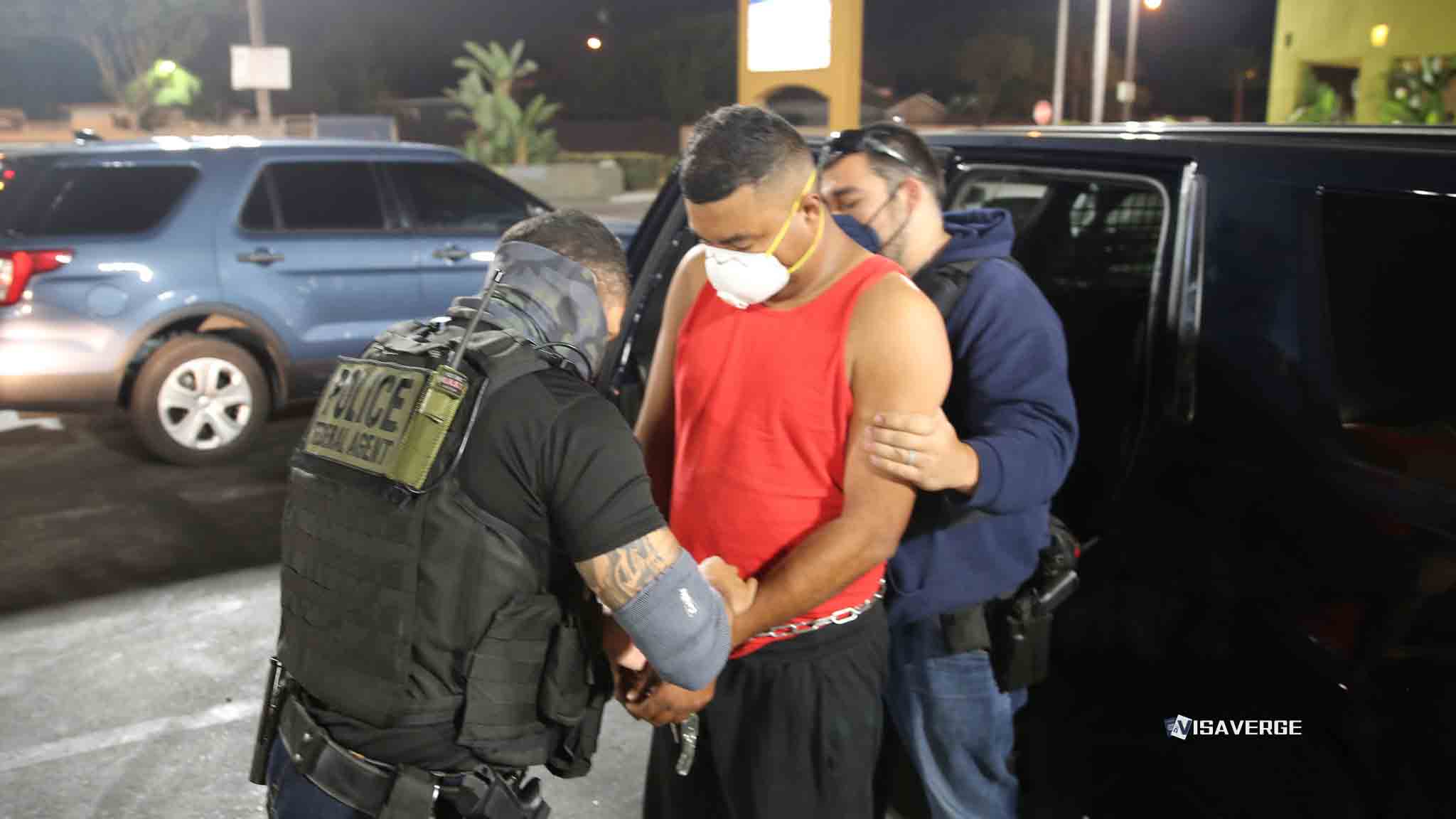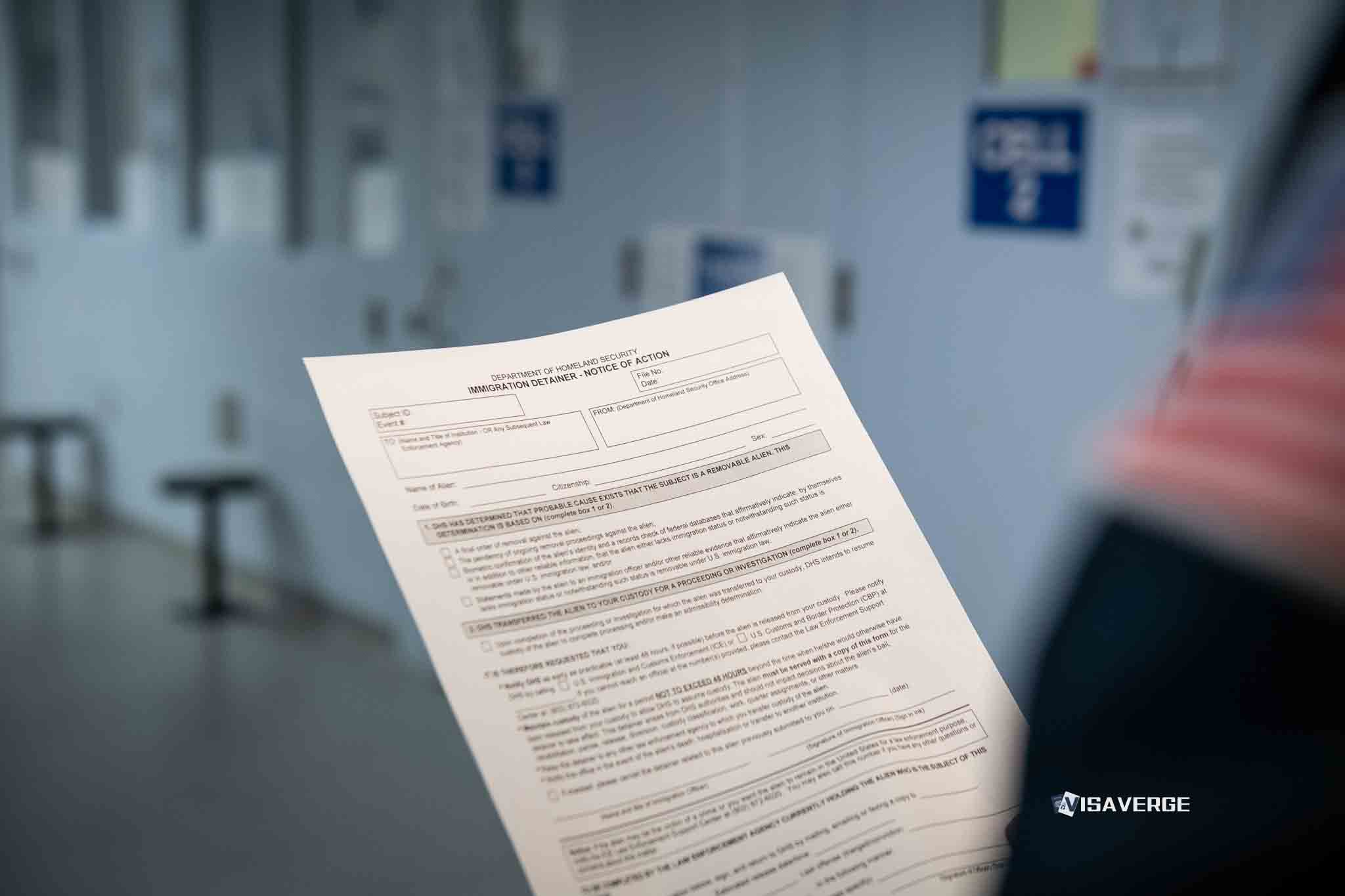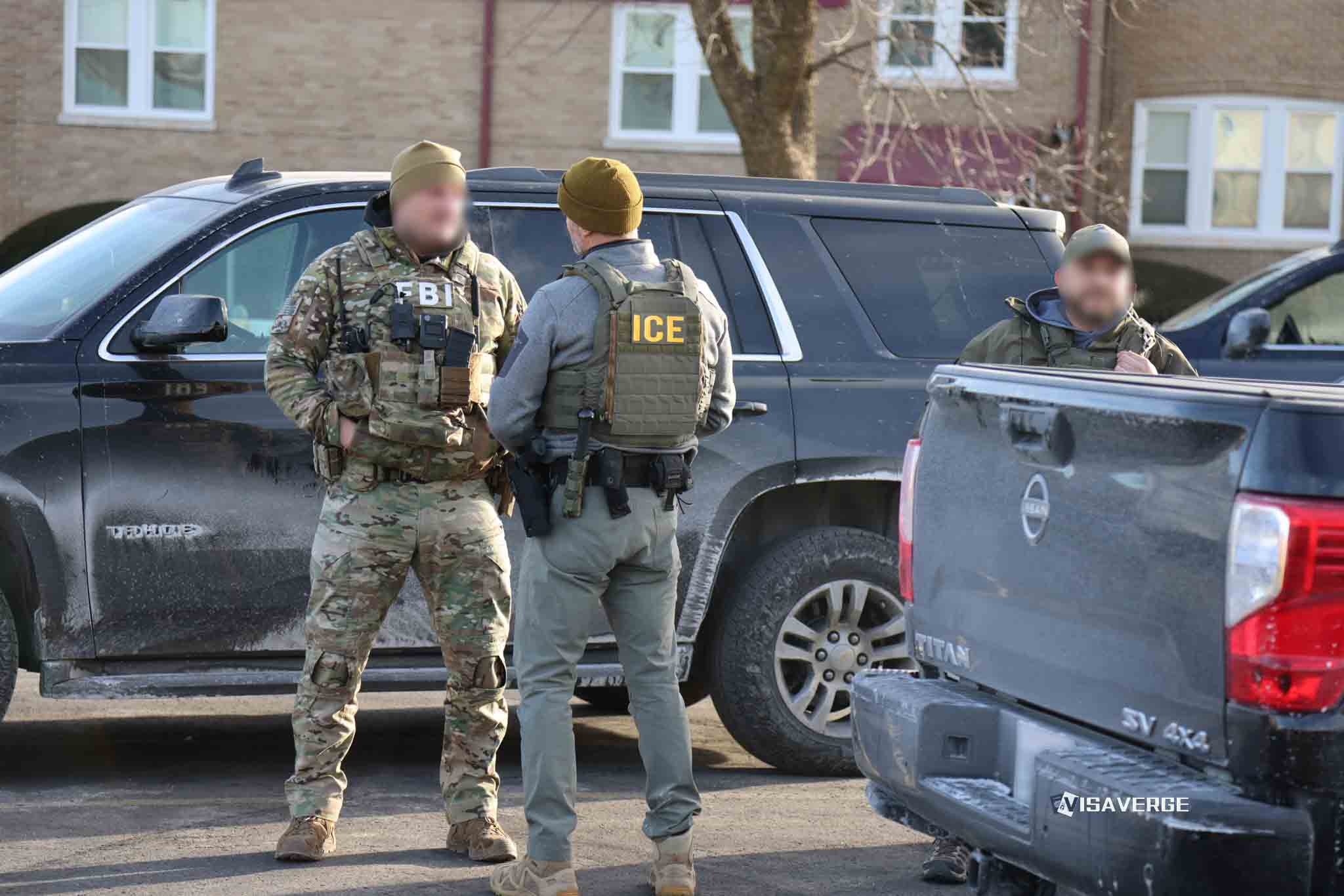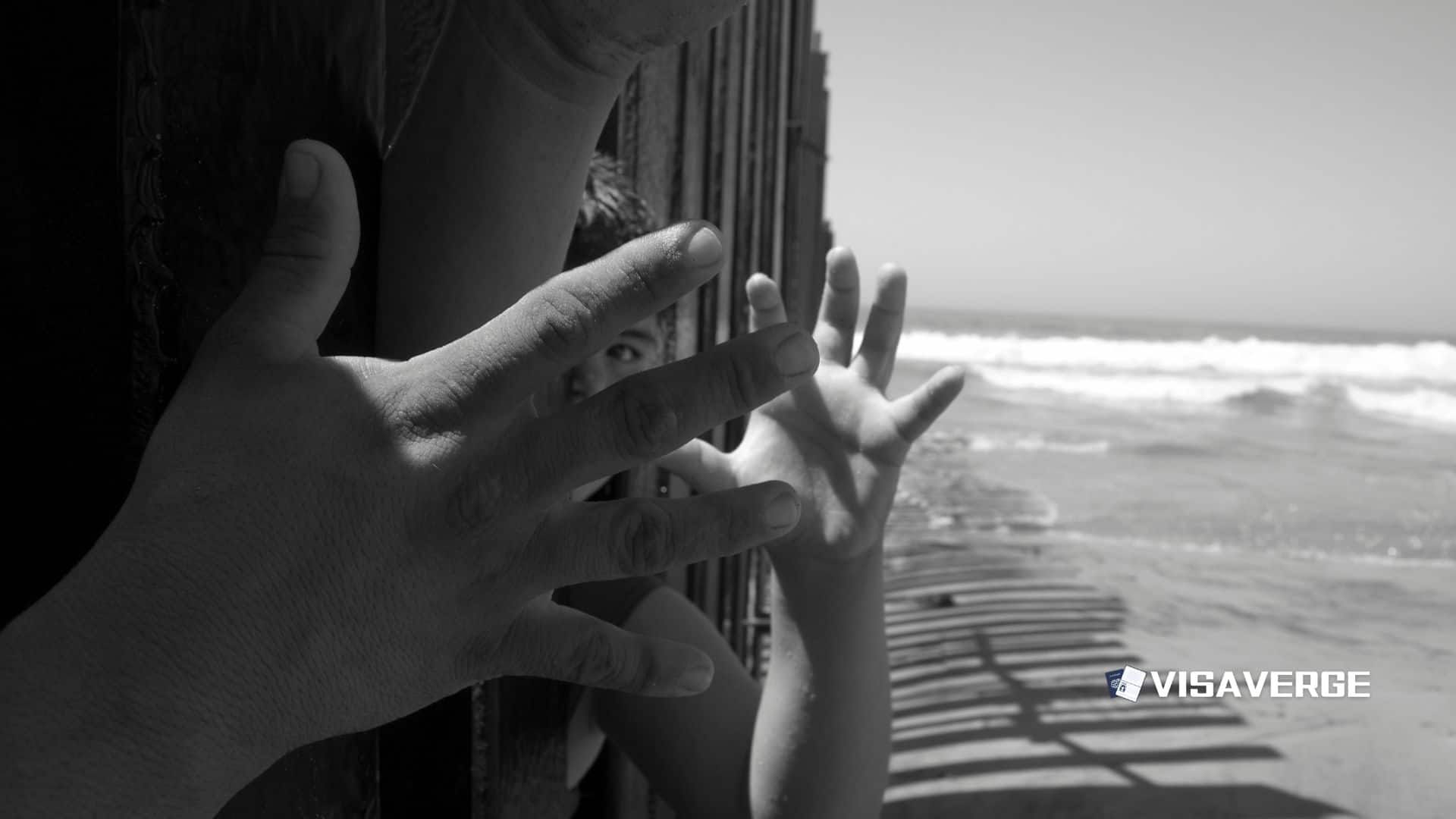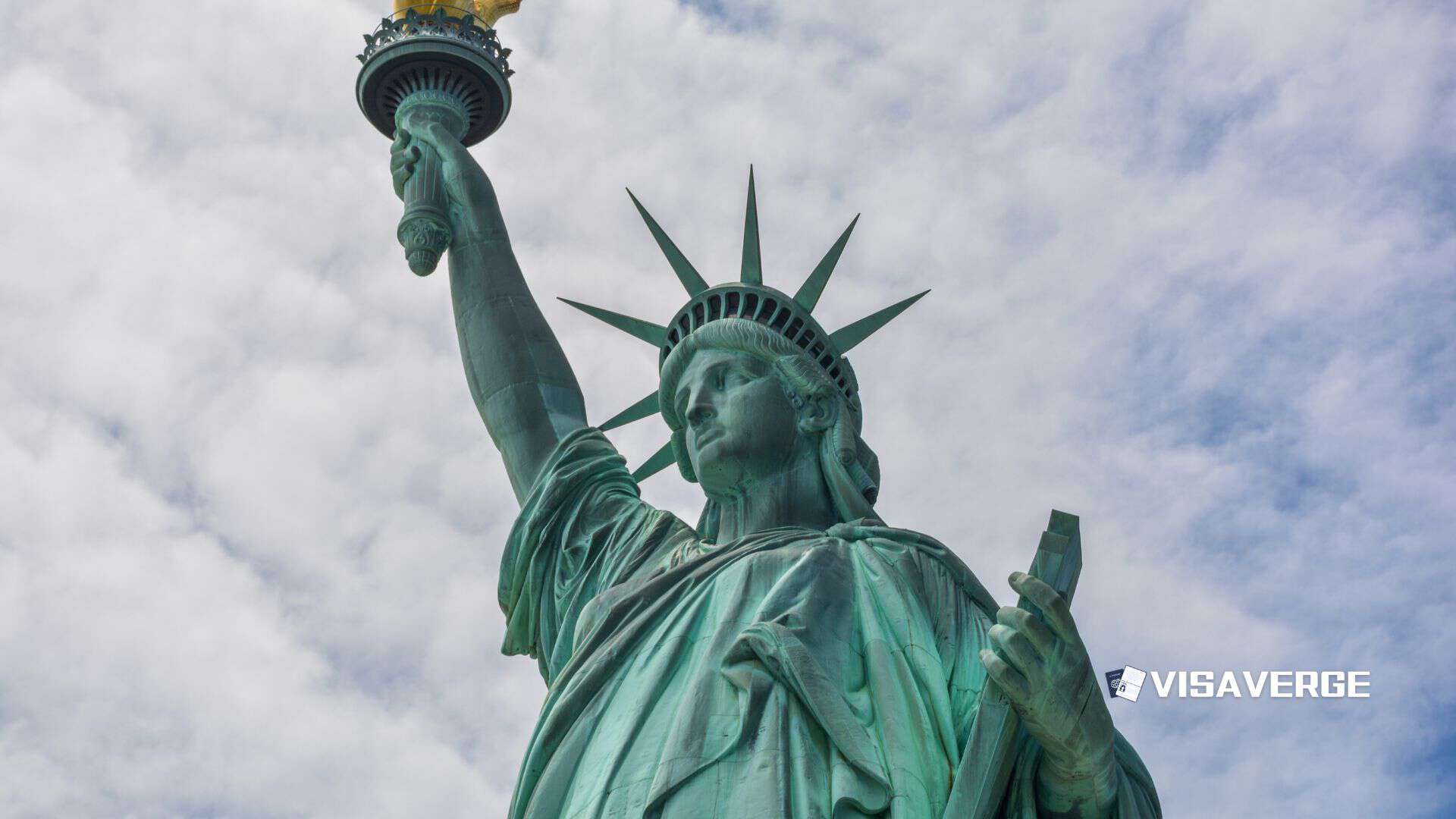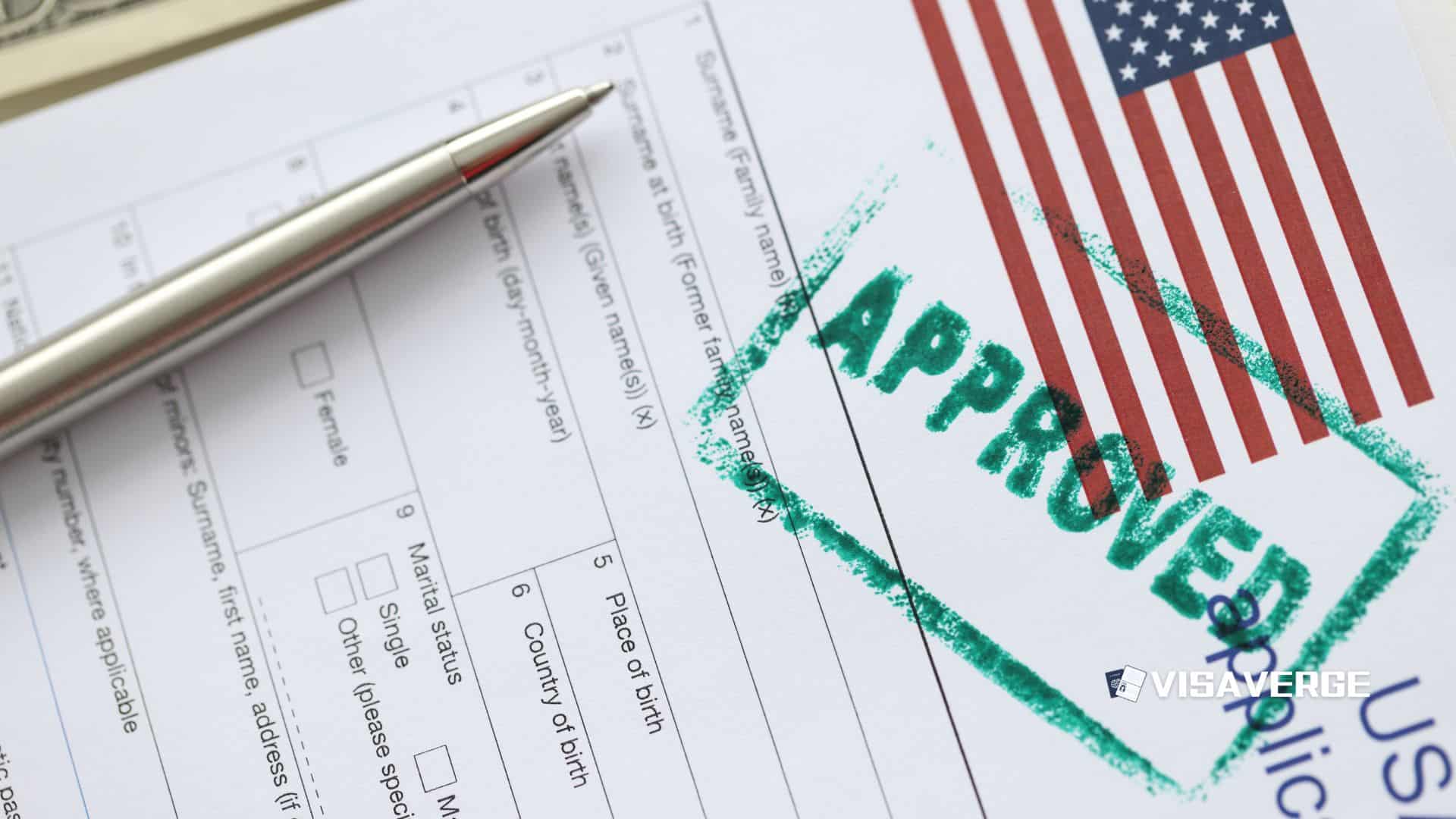Key Takeaways
• President Trump’s Executive Order 14156 aims to end birthright citizenship for children born to undocumented or temporary visa parents.
• The Supreme Court will review injunctions blocking the order; the core constitutional birthright citizenship question remains unresolved.
• Birthright citizenship has lasted 125+ years since the 14th Amendment and United States v. Wong Kim Ark 1898 decision.
The future of birthright citizenship in the United States 🇺🇸 is at a crossroads, with the Supreme Court set to hear arguments that could shape the meaning of American citizenship for generations. This debate, reignited by President Trump’s Executive Order 14156 and new legislation in Congress, has left millions of families uncertain about their children’s status and rights. The controversy centers on whether children born in the United States 🇺🇸 to undocumented immigrants or temporary visa holders should continue to receive automatic citizenship—a principle that has stood for over 125 years.
What’s Happening: The Battle Over Birthright Citizenship

On January 20, 2025, President Trump signed Executive Order 14156, titled “Protecting the Meaning and Value of American Citizenship.” This order aimed to end birthright citizenship for children born in the United States 🇺🇸 to parents who are undocumented immigrants or only in the country on temporary visas. The order would have applied to children born on or after February 19, 2025.
However, federal judges quickly blocked the order from taking effect, citing conflict with long-standing Supreme Court precedent. At the same time, Congress is considering the Birthright Citizenship Act of 2025 (H.R.569/S.304), which would limit citizenship at birth to children with at least one parent who is a U.S. citizen or lawful permanent resident (LPR). This bill has not yet become law.
The Supreme Court is now set to review the legality of the nationwide injunctions that stopped the executive order. While the Court may focus on procedural issues, the larger question of birthright citizenship’s constitutional status is at the heart of the national debate.
Why This Matters: The Stakes for Families and the Nation
Birthright citizenship—the idea that nearly all children born on U.S. soil are automatically citizens—has been a bedrock of American law since the 14th Amendment was ratified in 1868. For over a century, this principle has provided security and a sense of belonging for millions of families, including those of immigrants.
If the executive order or the new law takes effect, it would mean that children born in the United States 🇺🇸 to parents without citizenship or green cards would not be citizens at birth. This change could leave many children stateless, unable to get passports, Social Security numbers, or other documents needed for school, healthcare, and work.
The Historical Roots: Wong Kim Ark and the 14th Amendment
The story of birthright citizenship in the United States 🇺🇸 is deeply connected to the 1898 Supreme Court case United States v. Wong Kim Ark. Wong Kim Ark, born in San Francisco to Chinese immigrant parents, was denied re-entry to the country under the Chinese Exclusion Act. He challenged the government, and the Supreme Court ruled that the 14th Amendment guarantees citizenship to almost all children born on U.S. soil, regardless of their parents’ status.
Norman Wong, the great-grandson of Wong Kim Ark, has become a public voice defending this legacy. He warns that dismantling birthright citizenship would not only break with American tradition but also create hardship for countless families.
The 14th Amendment’s Citizenship Clause states:
“All persons born or naturalized in the United States, and subject to the jurisdiction thereof, are citizens of the United States…”
For over 125 years, courts have interpreted this to mean that nearly every child born in the United States 🇺🇸 is a citizen, with very few exceptions.
The Current Challenge: Executive Order 14156 and Congressional Action
President Trump’s Executive Order 14156 seeks to change this by redefining who is “subject to the jurisdiction” of the United States 🇺🇸. The order would exclude children of undocumented immigrants and temporary visa holders from automatic citizenship.
At the same time, the Birthright Citizenship Act of 2025 has been introduced in both the House and Senate. Sponsored by Sen. Lindsey Graham (R-SC) and Rep. Brian Babin (R-TX), the bill would require at least one parent to be a U.S. citizen or lawful permanent resident for their child to receive citizenship at birth. The bill has 2 Senate and 51 House cosponsors but has not yet passed.
Both the executive order and the bill would only apply to children born after their effective dates and would not be retroactive.
Legal Status: Where Things Stand Now
- Executive Order 14156: Blocked nationwide by federal courts. Not currently in effect.
- Birthright Citizenship Act of 2025: Introduced in Congress but not enacted. Still in committee.
- Supreme Court: Scheduled to hear arguments, but the immediate focus is on whether nationwide injunctions are allowed, not directly on the constitutional question of birthright citizenship.
Who Is Affected?
If these changes become law, the following groups would be most affected:
- Children born to undocumented immigrants: These children would no longer be citizens at birth.
- Children born to temporary visa holders: This includes families of students, tourists, and temporary workers.
- DACA recipients: Children born to parents with Deferred Action for Childhood Arrivals (DACA) status could also be excluded.
The Migration Policy Institute estimates that ending birthright citizenship for children of unauthorized immigrants would increase the undocumented population by 4.7 million by 2050.
What Would Change? Step-by-Step Procedures
If the executive order or the new law takes effect, here’s how things would work:
- Birth Registration: Parents would need to prove that at least one parent is a U.S. citizen or lawful permanent resident when registering their child’s birth. Without this proof, the child’s birth certificate would not show U.S. citizenship.
- Documentation: Federal agencies would deny citizenship documents, such as passports, to children who do not meet the new requirements.
- Appeals: Families could challenge denials through administrative and court processes, but the outcome would depend on the final legal decision.
For more details on how citizenship is currently determined and the forms involved, you can visit the U.S. Citizenship and Immigration Services (USCIS) page on citizenship.
The Arguments: Supporters and Opponents
Supporters of Restricting Birthright Citizenship
- Sen. Lindsey Graham and other supporters argue that birthright citizenship acts as a “magnet” for illegal immigration.
- They claim that restricting citizenship would bring the United States 🇺🇸 in line with other countries and help prevent “birth tourism,” where people travel to the U.S. to have children who automatically become citizens.
Opponents of Restriction
- Civil rights groups and many legal scholars argue that the Constitution clearly protects birthright citizenship.
- They warn that changing the rule would create stateless children—kids who are not citizens of any country.
- Opponents also point to negative social and economic impacts, such as children being denied access to education, healthcare, and jobs.
- UCLA’s Latino Policy and Politics Institute warns that fear and confusion could spread among immigrant families, leading to reduced healthcare access and broader social instability.
Legal Experts
- Professor Justin Levitt of Loyola Law School notes that the Supreme Court may avoid the main constitutional question for now, focusing instead on the rules about nationwide injunctions.
- No court has ever accepted the narrow interpretation of the 14th Amendment that the Trump administration and the 2025 bill propose. The Wong Kim Ark decision remains the law.
Real-World Impacts: What’s at Stake for Families
If birthright citizenship is restricted, many children born in the United States 🇺🇸 could become stateless. This means they would not be recognized as citizens by any country. Stateless children often face serious problems:
- No passports: Without citizenship, children cannot get U.S. passports.
- No Social Security numbers: This makes it hard to enroll in school, get healthcare, or find work later in life.
- Limited access to services: Many government programs require proof of citizenship.
- Fear and confusion: Families may avoid hospitals, schools, or government offices out of fear, leading to worse health and education outcomes.
Schools, hospitals, and government agencies are already unsure how to handle these changes, creating confusion and fear in many communities.
The Legacy of Wong Kim Ark: A Family’s Fight for Citizenship
Norman Wong, the great-grandson of Wong Kim Ark, has spoken out to defend his family’s legacy. He reminds Americans that his great-grandfather’s Supreme Court case helped secure citizenship rights for millions. Norman Wong warns that taking away birthright citizenship would not only break with American tradition but also cause real harm to children and families.
The Road Ahead: What Comes Next?
Supreme Court Decision
The Supreme Court’s upcoming decision could have a huge impact. If the Court upholds the nationwide injunctions, the executive order will remain blocked. However, if the Court allows the order to go into effect, it could open the door to a direct challenge to birthright citizenship.
Congressional Action
The Birthright Citizenship Act of 2025 is still in committee. Its future is uncertain, as many lawmakers and legal experts believe it would violate the Constitution.
Continued Litigation
Legal challenges are expected to continue, no matter what the Supreme Court decides. The issue could return to the Court in the future, especially if Congress passes new laws or the executive order is enforced.
What Should Families Do Now?
- Stay informed: Follow updates from trusted sources, such as the U.S. Congress official website for the latest on the Birthright Citizenship Act of 2025.
- Seek legal help: If you or your family could be affected, consult an immigration attorney or organizations like the American Immigration Council.
- Watch for official guidance: Schools, hospitals, and government agencies will provide updates as the legal situation changes.
Resources for More Information
- U.S. Citizenship and Immigration Services (USCIS): Citizenship information and forms
- American Immigration Council: Legal resources and updates
- States United Democracy Center, Stop AAPI Hate, UCLA Latino Policy and Politics Institute: Advocacy and information for affected families
Analysis and Outlook
As reported by VisaVerge.com, the fight over birthright citizenship is about more than just legal definitions—it’s about the future of American identity and the rights of children born in the United States 🇺🇸. The Supreme Court’s decision, along with possible new laws, could reshape who is considered an American for generations to come.
For now, birthright citizenship remains the law. The executive order is blocked, and the new bill has not passed. But the debate is far from over, and families across the country are watching closely.
Key Takeaways
- Birthright citizenship is guaranteed by the 14th Amendment and the 1898 Supreme Court case United States v. Wong Kim Ark.
- President Trump’s Executive Order 14156 and the Birthright Citizenship Act of 2025 seek to limit citizenship at birth to children with at least one U.S. citizen or lawful permanent resident parent.
- Both the executive order and the bill are currently blocked or not yet law.
- The Supreme Court will soon decide on related legal issues, but the core question of birthright citizenship may remain unresolved for now.
- Millions of families, especially those of undocumented immigrants and temporary visa holders, could be affected if the law changes.
- Families should stay informed, seek legal advice, and watch for updates from official sources.
The future of birthright citizenship in the United States 🇺🇸 is uncertain, but the legacy of Wong Kim Ark and the 14th Amendment continues to shape the nation’s understanding of who belongs and who is entitled to the rights of citizenship.
Learn Today
Birthright Citizenship → Automatic citizenship granted to nearly all children born on U.S. soil regardless of parents’ immigration status.
Executive Order 14156 → A 2025 presidential order aiming to end birthright citizenship for children of undocumented or temporary visa parents.
Wong Kim Ark → A landmark 1898 Supreme Court case establishing birthright citizenship under the 14th Amendment.
14th Amendment → Constitutional amendment granting citizenship to all born or naturalized in the United States.
Nationwide Injunction → A court order blocking a government action across the entire country.
This Article in a Nutshell
Birthright citizenship faces a legal battle after President Trump’s 2025 Executive Order. The Supreme Court will review litigation. This could change American citizenship rules impacting millions, particularly children born to undocumented immigrants and visa holders. The 14th Amendment’s protections are at stake, with historical precedent from Wong Kim Ark guiding the debate.
— By VisaVerge.com






